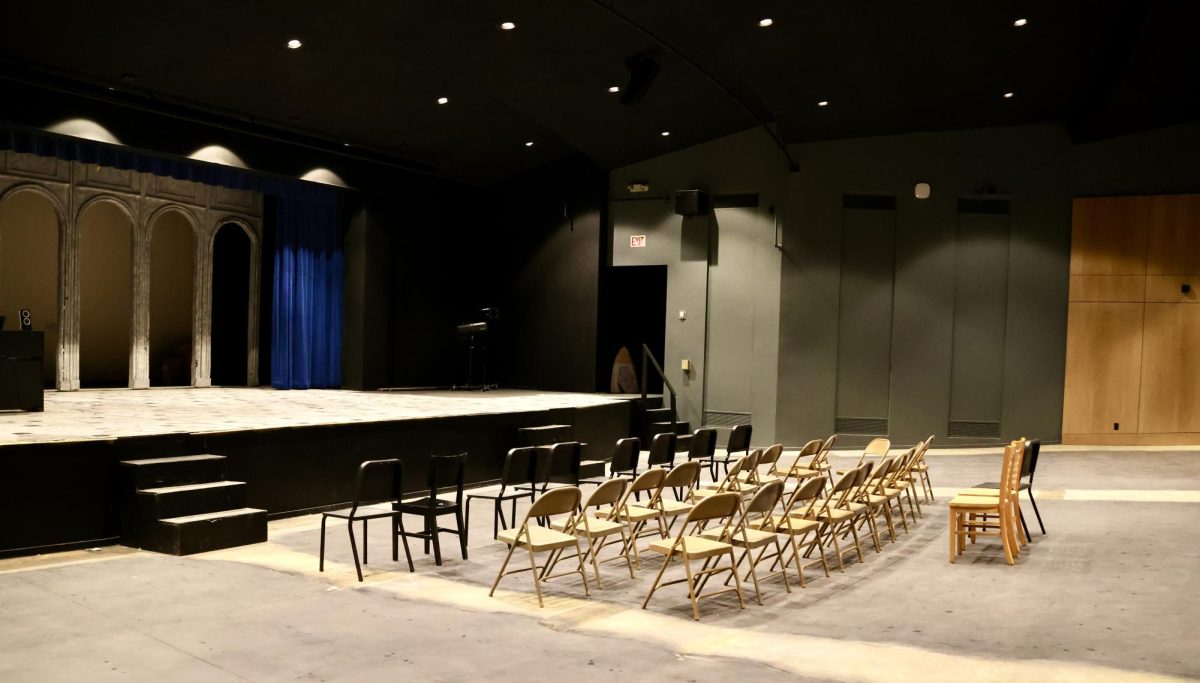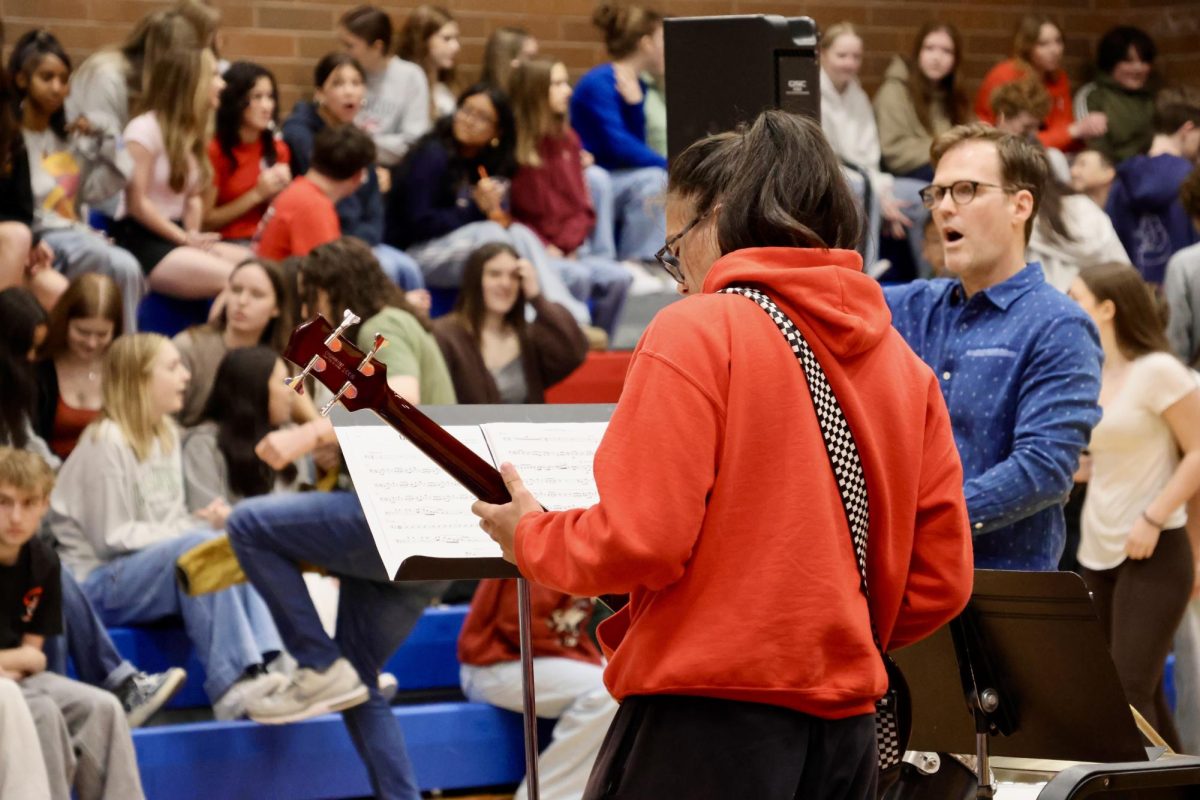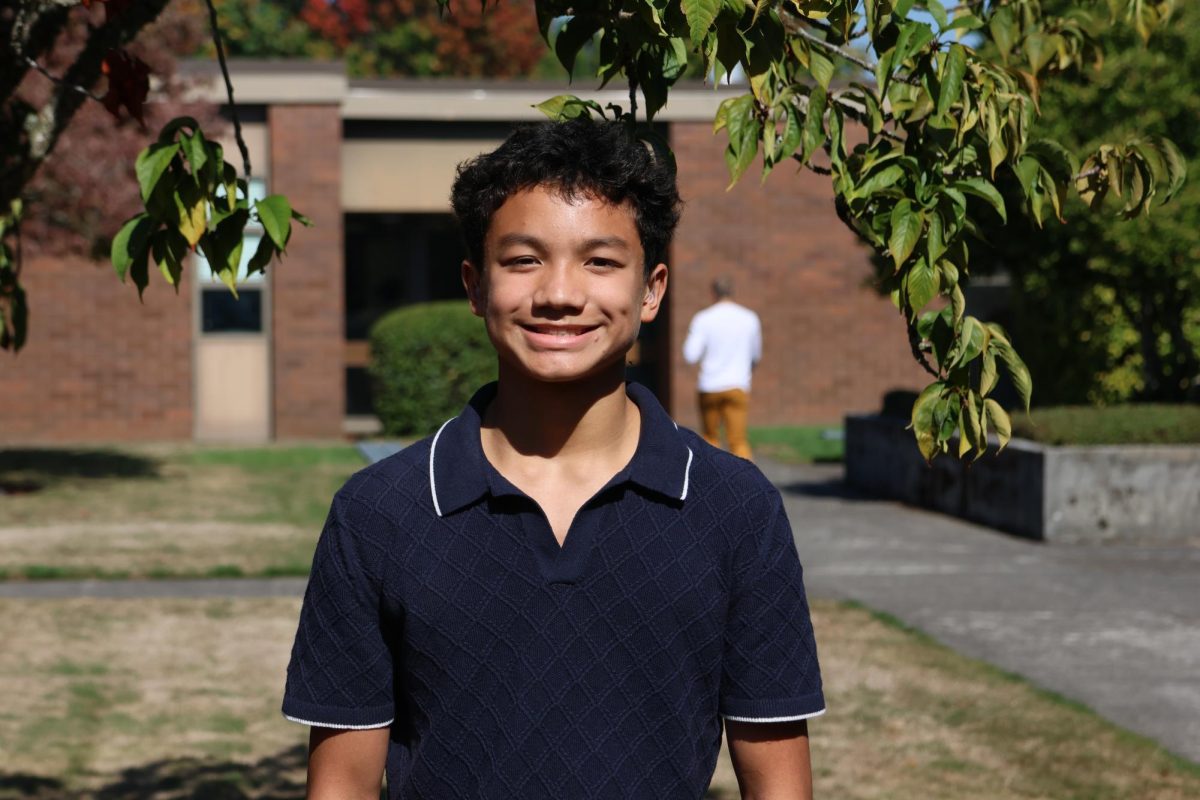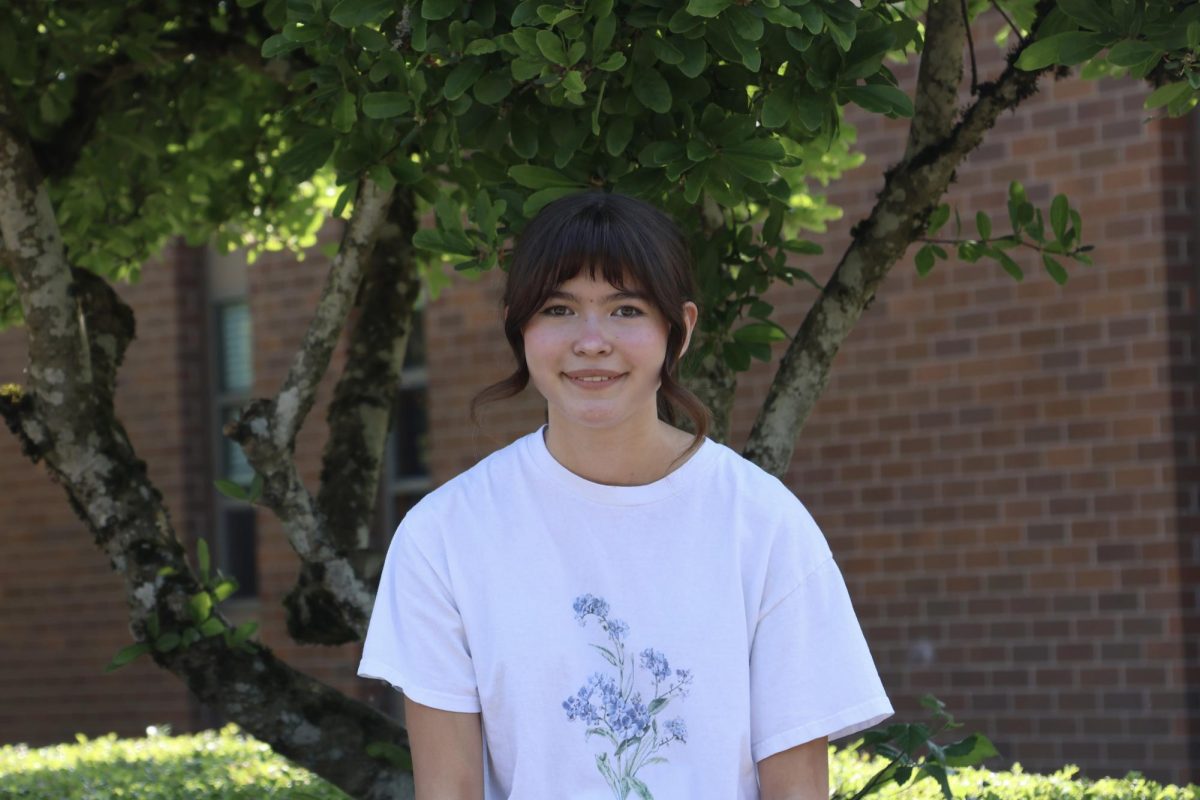On Sep. 17, Meta announced Instagram Teen Accounts, a new feature intended to give teenagers built-in online protections and to assure parents that their teens are having a safe Instagram experience.
Teen accounts will be automatically created for anyone who signs up for Instagram under the age of 18. In the U.S., this policy will extend to existing accounts by Nov. 16. Teen accounts will be made private by default, though 16 and 17-year-olds will have the option to change this setting.
The new accounts will be placed under the strictest messaging settings the app has to offer, and the update includes a variety of new and existing features, such as Hidden Words, which automatically removes potentially harmful comments, as well as new protections to restrict inappropriate content and many other enhancements.
Around 68% of high-schoolers between the ages of 15 and 17 use Instagram, so it’s not surprising that at La Salle, there are many Instagram users as well.
Reactions to Meta’s announcement are divided.
“I am an Instagram user, and I don’t use it very often, because I have other things that I do on my phone,” freshman Landon Gantt said. He uses Instagram primarily for “messaging people that I actually need to talk to,” he said. As Gantt only uses Instagram for messaging friends or people who live farther away, the restrictions won’t affect him much, but he agrees that it’s for the best for the safety of other teen Instagram users.
He is not the only one that feels this way. Another freshman, Robel Terefe, agrees completely. He and his friends use Instagram as their main source for news, and he thinks that because of all the unprotected content on the platform, the new restrictions will be highly beneficial.
With these restrictions, he expects to see less mean-spirited comments and more happy or funny videos.
“I don’t think it’s the greatest thing for middle schoolers to just get thrown right into social media,” senior Melly Riel said, who has been using Instagram since she was in seventh grade. “I do think it can lead to a lot of cyber bullying.”
Despite the negative effects of social media, which Riel recognizes are important to acknowledge, she likes the fact that she can easily keep up with her friends.
“If they keep it for maybe under the age of 16 I think it could be a good thing, but I think if they’re trying to control older kids, it’s just not really going to work, or be effective,” Riel said.
On the other hand, some Instagram users are not so enthusiastic.
Freshman Henry Dinh is also concerned about the platform becoming less entertaining. While he expressed that he is against cyber bullying, he is not for parental controls, saying that they are “restrictive and annoying.”
“I think it’s going to ruin the app,” sophomore Basil Van Sickle said. He is an avid Instagram user and estimates that he spends around three hours each day on the app, usually to wind down after assignments. “I think I get why they would have teen accounts,” he said, “but I think it’s going to just– I mean, where’s the fun of the app?”
Despite this, Van Sickle doesn’t believe that teens will be majorly affected by the changes. “I think people are just going to find new ways to use Instagram.” he said.















